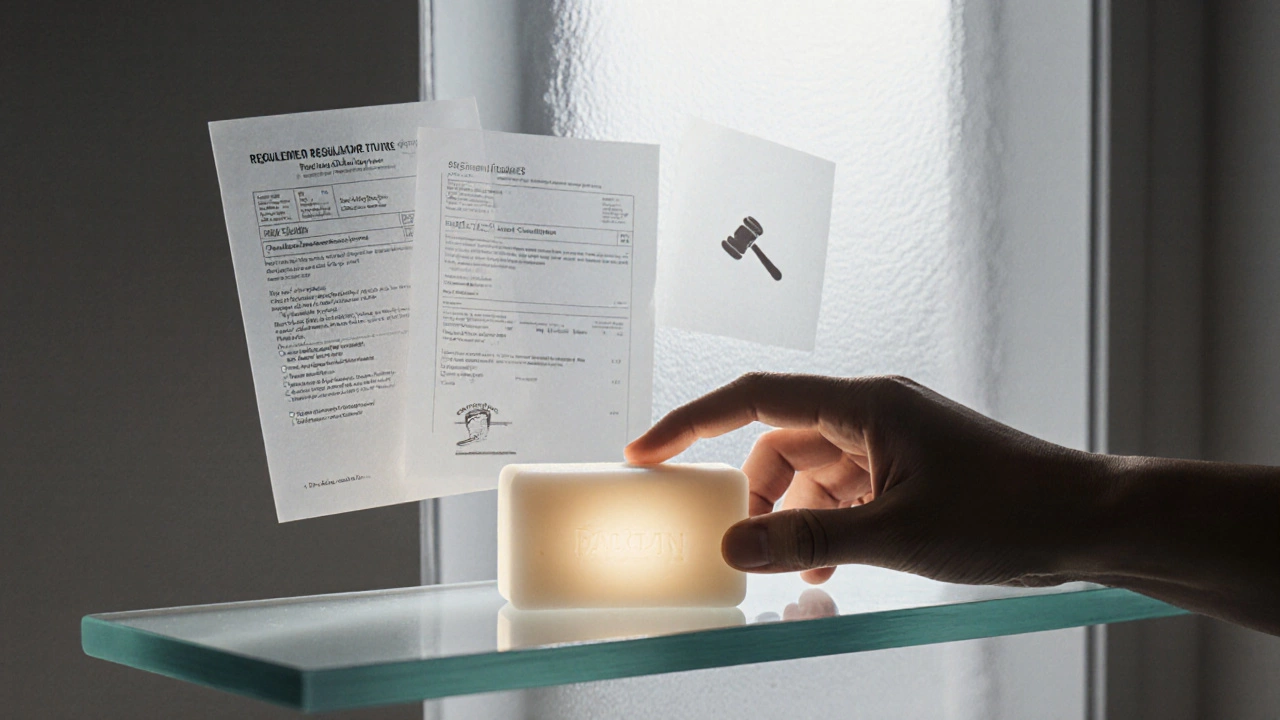FDA – The regulator behind your health and beauty products
When talking about FDA, the U.S. Food and Drug Administration is the federal agency that protects public health by overseeing foods, drugs, medical devices, cosmetics, and more. Also known as Food and Drug Administration, it sets the rules that keep the products we use safe and effective. The agency’s reach extends into pharmaceuticals, medicinal products that must be proven safe and effective before they reach consumers, cosmetics, beauty items like moisturizers and makeup that are regulated for safety but not efficacy, and medical devices, tools ranging from simple bandages to high‑tech lasers that require clearance or approval. In practice, the FDA creates a framework where manufacturers submit data, undergo inspections, and follow labeling rules before anything hits the shelf. This framework also guides clinical trials, the research studies that test new drugs and devices for safety and efficacy—the very backbone of medical innovation.
Why the FDA matters for beauty and health enthusiasts
If you’ve ever wondered why a moisturizer can claim “non‑comedogenic” or why a new facial laser costs a premium, the answer often sits in FDA guidelines. The agency’s safety standards for cosmetics demand that ingredients be truthfully listed and free from harmful contaminants. For pharmaceuticals, the FDA’s approval process—known as New Drug Application (NDA)—requires rigorous clinical data, meaning every pill you take has passed a series of tests for dosage, side effects, and interactions. Medical devices undergo a separate clearance route called 510(k) or a full pre‑market approval (PMA), depending on risk level. These pathways influence everything from the cost of a Botox session to the availability of over‑the‑counter pain relievers. By setting clear labeling requirements, the FDA also helps consumers compare products, whether you’re picking a moisturizer or evaluating a prescription pain tablet.
Understanding the FDA’s role also shines a light on emerging trends like cruelty‑free certifications or natural ingredient claims. While the agency doesn’t certify “cruelty‑free,” it does enforce bans on animal testing for many cosmetics marketed in the U.S., shaping how brands formulate and market their products. Likewise, the rise of “organic” skincare often involves FDA’s definition of “organic” for food versus the more flexible “natural” claim for cosmetics, creating a grey area that savvy buyers need to navigate. All of these regulatory touchpoints—approval, labeling, enforcement—form a web that protects you while driving innovation. Below you’ll find a curated set of articles that dive deeper into specific FDA‑related topics, from moisturizer safety to pain‑relief medications, giving you practical insights to make informed choices.

Is Soap a Cosmetic Product? Understanding the Legal Definition and What It Means for You
Learn if soap is classified as a cosmetic, see how US and EU rules differ, discover labeling tips, and find out when soap becomes a drug.
© 2026. All rights reserved.